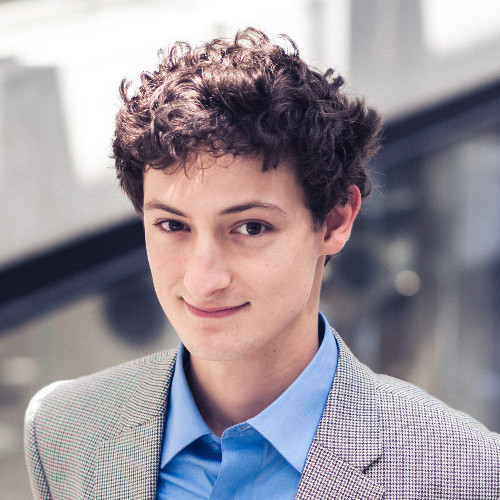Past Event: PhD Dissertation Defense
Benjamin Feuge-Miller,
10 – 12PM
Wednesday Jul 19, 2023
POB 6.304 & Zoom
Fundamental space domain awareness involves detecting and tracking human-built spacecraft and debris, commonly through time-series observations from optical telescopes. The nature of small, sparse features of interest in telescope imagery complicates image domain segmentation and classification, traditionally requiring specific metadata, calibration data, and human supervision. The large data scales and low signal-noise ratios of such imagery have also hampered supervised machine learning efforts. We propose a probabilistic, unsupervised algorithm based on multiple hypothesis testing, with the goal of relaxing the dependence on a-priori knowledge to facilitate analysis of arbitrary data where a-priori information is limited and image content is highly variable, e.g., data provided by the amateur astronomy community. Our proposed algorithm is based on the so-called “a-contrario” method, an approach which uses hypothesis testing to iteratively infer data structures that cannot be attributed to some background model of increasing complexity, functioning as a parametric anomaly detection technique capable of learning information about the underlying image function without explicit modeling.
We define a unified sequential hypothesis testing algorithm for general computer vision tasks based on initial segmentation, pattern inference by clustering, and final outlier detection, and we describe an implementation relevant for space surveillance. In each stage of the procedure, we discuss the motivation and alternatives behind various probability models, assumptions and heuristics necessary for tractable implementation, and the propagation of errors and uncertainties. We also discuss the process of estimating object state dynamics in a global reference frame from our resulting optical measurements. A simulated data benchmark is constructed to test the runtime and detection performance of our algorithm against existing state-of-art, and by a parameterization and classification of our results we demonstrate limitations of the approach. Real data sets collected by several independent parties are used to validate the efficacy of the approach with regards to detection rates, state estimation, and generalized applicability.
Benjamin Feuge-Miller received a B.S. in Aerospace Engineering and M.S. in Computational Science, Engineering, and Mathematics from The University of Texas at Austin, where he is currently a Ph.D. candidate advised by Dr. Moriba Jah under a NDSEG Fellowship. His research focuses on statistical inference by hypothesis testing, particularly for optical object detection. He has worked with the Air Force Research Laboratory, L3Harris Technologies Inc., and the Applied Research Laboratories at the University of Texas at Austin.
